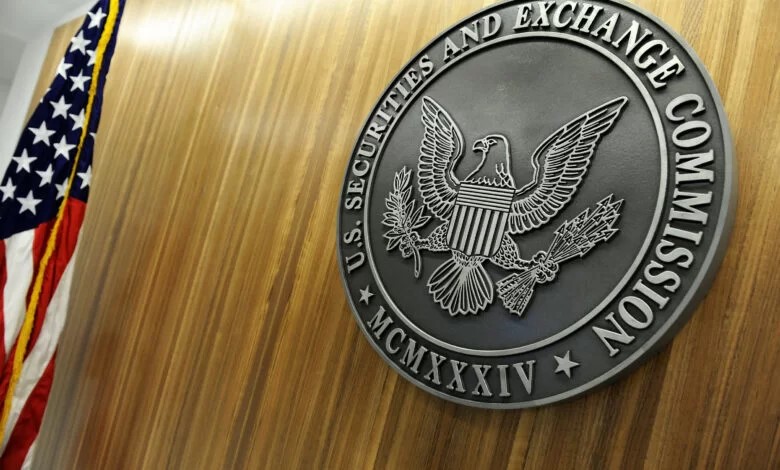SEC Sues PGI Global CEO in $198M Crypto Ponzi Scheme Featuring Fake AI Trading

On Tuesday, the U.S. Securities and Exchange Commission (SEC) charged Ramil Palafox, CEO of PGI Global, in connection with an alleged $198 million Ponzi scheme involving cryptocurrency. The SEC claims Palafox deceived investors with misleading assurances of AI-powered trading capabilities and guaranteed returns.
According to the SEC’s statement, over $57 million in fiat and Bitcoin were allegedly diverted for Palafox’s personal gain and to benefit his inner circle.
Filed in the U.S. District Court for the Eastern District of Virginia, this marks the SEC’s first crypto-related enforcement under its new Chair, Paul Atkins, who assumed office just a day prior.
The SEC’s complaint accuses Palafox of running PGI Global—short for Praetorian Group International—as a vehicle for selling unregistered securities under the guise of a crypto business. Between January 2020 and October 2021, the firm promoted “membership packages” promising up to 200% returns from a so-called AI-driven crypto and forex trading system.
PGI Global UK Ltd, the firm’s formal name, was shut down by the U.K. High Court in September 2022 after it was found to be conducting a fraudulent investment operation.
Between July 2020 and February 2021, the firm reportedly raised around £612,425 (approximately US$815,000) from investors.
When expected returns failed to materialize, investors found themselves unable to access their funds. Based in the U.S., Palafox reportedly refused to cooperate with the authorities. The company’s website was later seized by the U.S. Department of Justice and the Department of the Treasury under a federal warrant.
“PGI Global never had an ‘Auto Trading’ platform and was conducting little to no trading of any kind on investors’ behalf,” the complaint states.
Instead, the SEC alleges investor money was used to maintain a Ponzi-like payout structure and fund Palafox’s lavish lifestyle, which included a $1.7 million Las Vegas home, luxury vehicles like multiple Lamborghinis, and $1.18 million worth of Cartier jewelry.
Palafox is also accused of staging fake crypto transactions and manipulating user dashboards to show fabricated returns, thereby prolonging investor confidence.
“His false claims of crypto industry expertise and a supposed AI-powered auto-trading platform were just masking an international securities fraud,” said Laura D’Allaird, Chief of the SEC’s Cyber Unit.
The complaint further asserts that Palafox attempted to shield assets as the scheme neared collapse. It names four relief defendants—his wife, mother, and brother-in-law among them—and seeks the recovery of funds and assets they allegedly received, including a $320,000 mortgage payoff, a Range Rover, and designer items from Louis Vuitton and Hermès.
The SEC is calling for a lifetime ban on Palafox from participating in crypto or MLM-related securities offerings, as well as civil penalties and full disgorgement of ill-gotten gains. Federal prosecutors have also filed a parallel criminal indictment in Virginia.





